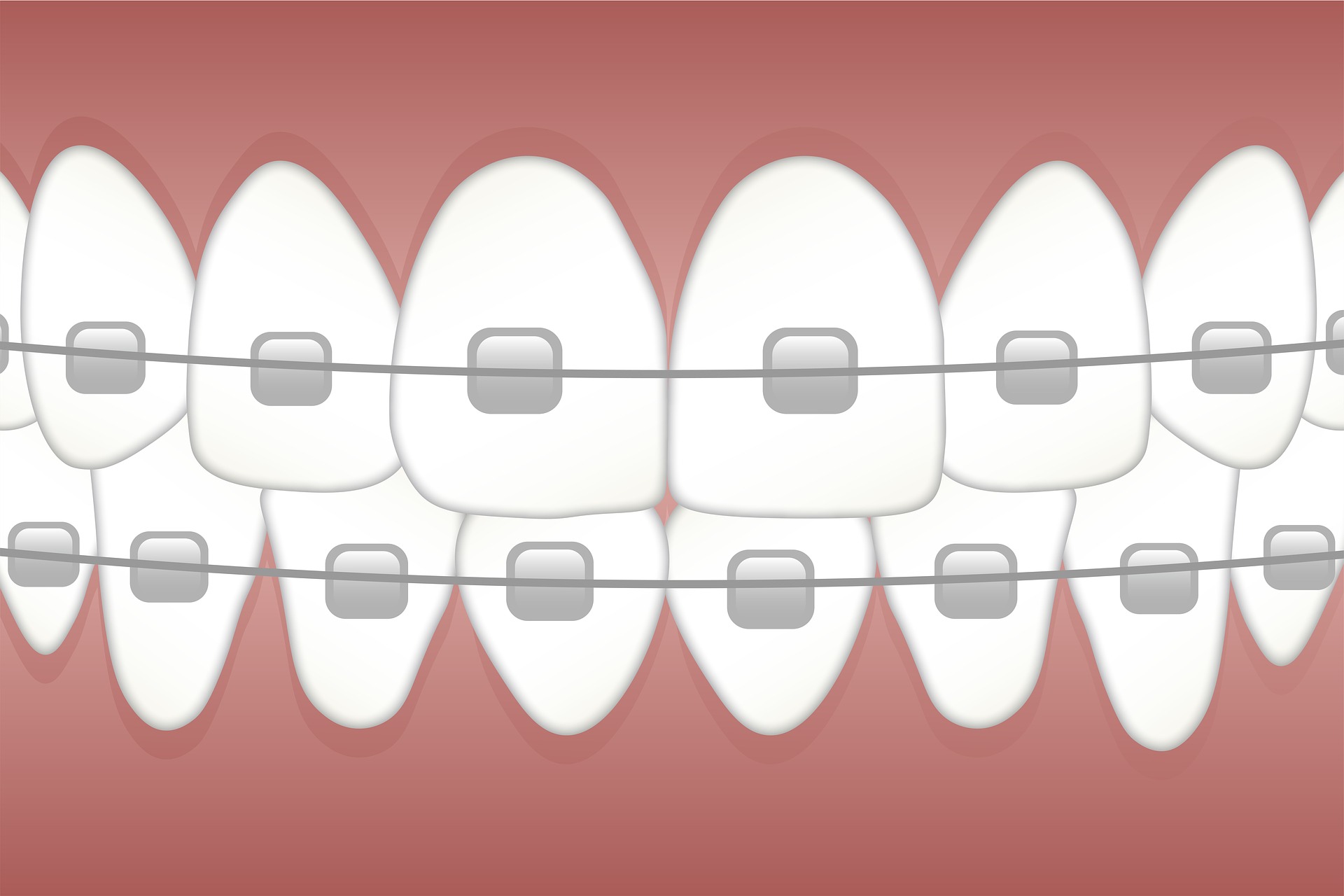Living near nature can help women live longer, with women in the greenest areas living as much as 12 percent longer than women who live in more built-up areas. You need to connect with nature to stay fit and healthy.
Although male mortality rates do not show as much of a clear link, making time to connect with nature has many positive health benefits for both men and women.
In fact, a range of studies have shown that regular contact with nature can improve everything from pain control to eyesight, as well as reduced stress levels and less anxiety.
But, that’s not to say that we all have to move to the countryside to take advantage of these health benefits.
Simply making time to connect with whatever natural surroundings you live close to is enough to refresh your mind and improve your health and well-being.
Here are three ways to connect with nature and quieten your mind.
1. Create Time Alone in Nature :
It’s great to experience the beauty of nature in the company of friends or family.
But, when we’re with other people, we tend to talk. This may be because we worry about what the people we’re with think of us. Or we might just feel the need to fill the silence with chatter.
However, the best way to connect with nature is by experiencing it alone.
Being alone in nature allows us to focus on what we can hear, see and feel in these natural surroundings. Whether it’s blades of grass between our fingers or the rush of water from a nearby river, you’ll become much more aware of what’s around you.
So, if you go for a hike with friends, ask for an hour by yourself. Or head to the park or even out into your garden and emerge yourself in the sensory experience that nature offers.
Other than hiking, traveling different beautiful locations is always a great way to behold the true beauty of nature and fall in love with it all over again and again. If you have the love for travel, you should consider traveling as much as you can and plan to visit some of the most naturally beautiful countries in the world. Some naturally beautiful places include the fjords of Norway, the Greek Islands, Islands of Maldives, Switzerland, Kashmir in India, Nepal and so on.
2. Find Your Special Spot :
You’ll find that as you spend more time in nature, especially alone, you’ll start finding special places that you’re drawn to.
It could be a tree you like to lean against when you visit your local park, or the rocks you often sit on to watch the ocean waves crashing on the shore.
Wherever you feel most connected to nature, take the time to really get to know it. Go there in the heat of summer and the midst of winter, know it by day and by night.
Noticing the small changes in nature as well as the contrasts between seasons helps you put things in perspective as you become more aware of how you are a part of something bigger than yourself.
3. Sleep Outdoors :
Since Americans spend around 93 percent of their time indoors, it’s important to actively seek out ways to experience longer periods immersed in nature.
There’s no better way to get in touch with nature than by waking up to a stunning sunrise, the sounds of birdsong and the smell of fresh morning dew. It certainly beats your alarm clock!
Make Time to Connect with Nature :
Whether you live in an urban area or in the middle of the countryside, it’s important for your mental and physical health to take time out to connect with nature.
Do you feel that you spend enough time in nature? Let us know your thoughts by commenting below, or contact us for more information.
Read Also :






















